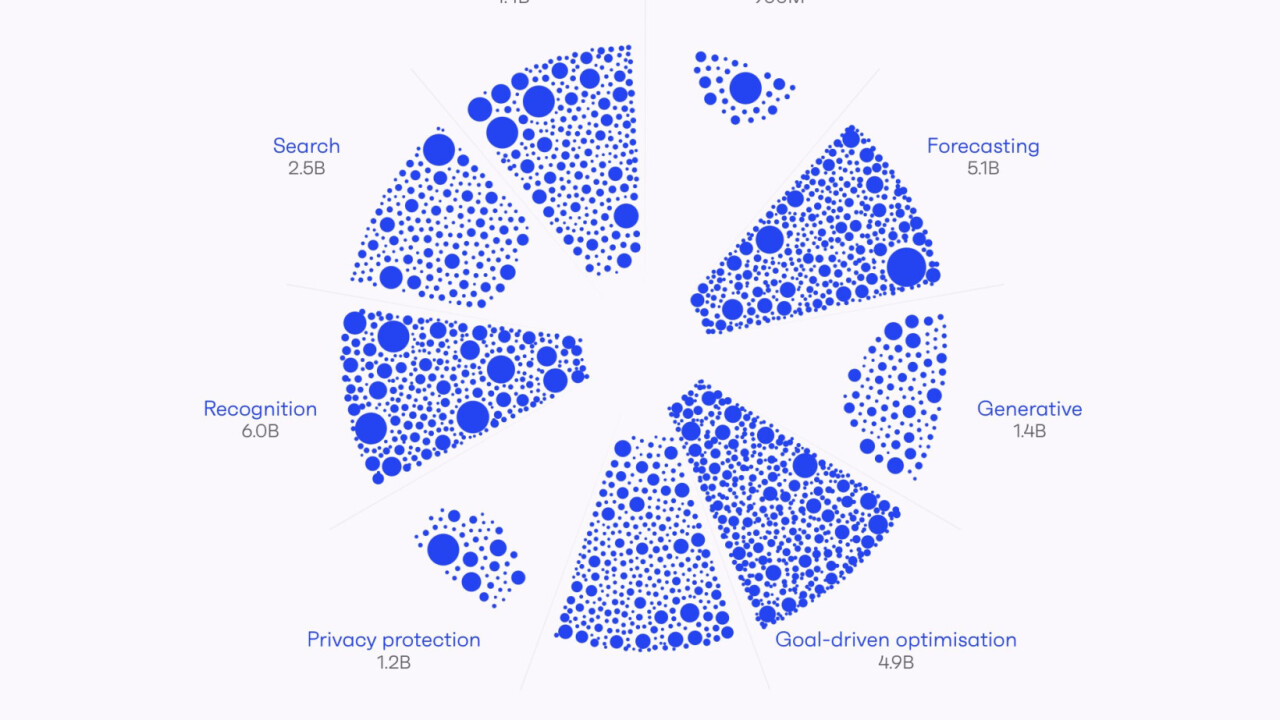
Today, the Saïd Business School at the University of Oxford, along with early-stage VC OpenOcean, released what they call “the world’s most accurate open access startup insights platform” — the O3.
The platform is the result of three years of research from Oxford Saïd and 13 years of experience of data economy investing from OpenOcean. It leverages public and private data sources and is meant to help improve decision making across the UK tech ecosystem, through “granular data on startups and their technology stack, solutions, and go-to-market strategies.”
“In my time in venture capital, far too often the choice of which startups receive funding has come down to instinct and opportunistic use of data, rather than accurate definition and comparison of startups,” said Ekaterina Almasque, General Partner at OpenOcean. “We wanted to change that, creating a platform that cuts through the noise, and removes bias from decision-making.”
The O3 platform has already screened 16,913 UK startups according to a unique taxonomy developed by Oxford Saïd. For an initial analysis, it has looked specifically at high-growth startups that use or facilitate AI (close to 1,300), and has come up with some interesting findings about the sector.
AI startups a small portion of UK tech ecosystem
The UK government has asserted that it is going to make the country an AI powerhouse. However, thus far, the number of UK startups with a pronounced AI focus make up less than 10% of the ecosystem.
Mari Sako, Professor of Management Studies at Oxford Saïd, believes that the O3 will enable policymakers, researchers, founders, and investors to clearly identify gaps and opportunities in the AI ecosystem. “We believe this platform has immense potential to aid innovators in making informed decisions based on sound data, and to boost research on AI,” Sako said.
UK fintech is generally a top investment destination in Europe, but when it comes to AI, the health tech startup segment receives more funding (£2.6bn vs. £3.4bn, respectively).
Startups using AI for recognition tasks, including but not exclusive to facial recognition, have collectively raised the most funding (£6bn). Meanwhile, among the least funded are those focusing on privacy protection (£1.2bn).
The analysis has also uncovered, perhaps unsurprisingly, a significant bias towards London for startup fundraising. However, there is also notable support in Bristol, Oxford, and Cambridge.
According to the originators of the platform, the UK is only the beginning. “We want to see it expand to cover more markets and geographies,” Almasque continued. “It is a community driven project, built on open access, where the more stakeholders participate, the more powerful is the common knowledge.”
Get the TNW newsletter
Get the most important tech news in your inbox each week.




